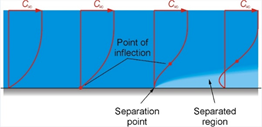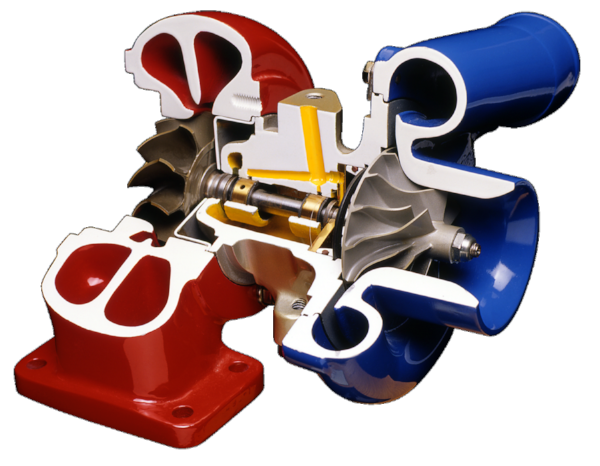The chiller industry is under tremendous pressure to convert to new, more environmentally friendly refrigerants. This change is driven by new global regulations including, the Montreal Protocol and European Union (EU) F-gas regulation. Many chiller OEMs are already announcing new lines of chillers redesigned to use this latest generation of refrigerants. OEMs that have not have started their redesign efforts have a lot of work to do.
The new generation of refrigerants are much more environmentally friendly than the current refrigerants (such as R-134a), which were a vast improvement over older refrigerants with respect to ozone depletion. A currently used metric for the warming impact of refrigerants is the ‘global warming potential’ (GWP). Per the EPA, GWP is a measure of how much energy the emissions of one ton of a gas will absorb over a given period, relative to the emissions of one ton of carbon dioxide. The larger the GWP, the more that gas warms the Earth. Current refrigerants such as R134a have a GWP in the range of 1300. Newer refrigerants have GWP values as low as ~1, obviously a significant improvement. For reference, the older R12 (predecessor to R134a) has a GWP around 2400.
The challenge for OEMs is that the newer refrigerants have significantly different thermodynamic properties compared to current refrigerants. These differences mean that the new refrigerants cannot be a ‘drop in’ solution, and chiller compressors will need to be redesigned. The redesign can potentially extend to the chiller system balance of plant to deliver the same cooling capacity. The performance potential of the chiller system operating with the new refrigerants is also somewhat different, and OEMs must be careful during the redesign to ensure that performance is not impacted.
As an example, consider the new refrigerant HFO-1234ze(E) (referred to as R-1234ze in this blog), which is one of the so-called fourth generation refrigerants. It is becoming a popular R-134a replacement refrigerant for smaller and medium tonnage chillers using centrifugal compressors. R-1234ze is classified as a hydrofluoroolefin (HFO). One of the main differences in these two fluids is the density, with R-1234ze having approximately 19% lower vapor density. This lower density implies higher unit volume, leading to larger turbomachinery passages if the compressor is redesigned, and lower mass flow rates if the compressor is not redesigned. The latent heat of vaporization is also lower, implying a lower refrigeration capability. The somewhat higher viscosity implies somewhat higher pressure drops throughout the system. These areas must be addressed to maintain or improve performance.
The result is that a significant drop in capacity is experienced if R-1234ze is used as a ‘drop in’ replacement for R-134a, on the order of 20% to 30%, based on studies done by Concepts NREC and others. In order to recover the capacity, the compressor must be redesigned, and with larger wheels and passages, typically running at reduced RPM. If the redesign is done carefully, the original COP can be recovered, and even improved upon.
The change to new refrigerants with improved GWP is happening now. The impact of these new refrigerants on chiller compressors and chiller system design and operation can be significant. OEMs cannot afford to wait any longer.
Concepts NREC can help. Our engineering services group can work on any stage of chiller refrigerant conversion, from determining the effects of a ‘drop-in’ refrigerant change on capacity, to redesigning compressors for new refrigerants, to analyzing chiller system Balance of Plant impact.
In addition, Concepts NREC’s Agile Engineering Design System® software can help OEM’s in-house designers more quickly and accurately (higher performance, better COP) convert to the latest generation of refrigerants.





